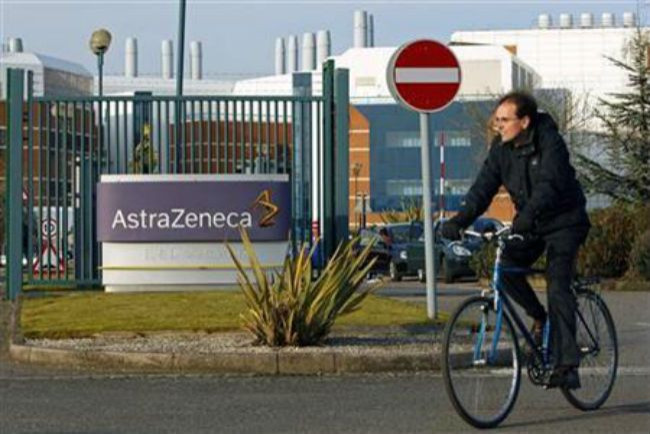Four of Europe’s populated countries have suspended inoculations of AstraZeneca COVID-19 vaccine Monday, March 15 after several countries reported cases of blood clots in patients who have recently received their shots. Germany, France, Italy and Spain have joined other European countries including the Netherlands, Denmark, Norway and Ireland in suspending the use of the vaccine brand pending further information and data.
Denmark and Norway have put a stop to administering shots last week while Ireland, Bulgaria, Iceland and the Netherlands announced their suspensions on Sunday. Spain will put a hold on inoculations for at least 15 days. Reuters wrote.
The World Health Organization ( WHO ) said there are no proven links to this and have advised people not to panic. The decision by the EU's biggest countries to put AstraZeneca shots on hold has once again taken a toll on the EU’s vaccination campaign among its 27 member nations.
As isolated cases of bleeding, blood clots and low platelet counts were reported in Denmark and Norway- WHO reiterates there have been no documented deaths linked to the vaccine.
On the other hand, European Medicines Agency ( EMA ) has said that as of March 10, there has been a total of 30 cases of blood clotting reported to the agency among close to the 5 million individuals who received the AstraZeneca vaccine in the European Economic Area that links 30 European countries.
In an article on CNN, Denmark reported a “highly unusual” combination of symptoms in a 60-year-old woman who died from a blood clot after receiving the vaccine. The same case has been reported in Norway where three people under the age of 50 are being treated in hospital, causing both countries to put a halt on vaccine rollouts until reviews have been conducted
Austria and Spain stopped using particular batches of the vaccine while prosecutors in the northern Italian region of Piedmont earlier seized 393,600 doses after a reported case of a man who died hours after receiving the vaccine. In Sicily, two other people were also reported to have died shortly after getting their shots.
A senior German infectious diseases physician said the background incidence of 2-5 thromboses per million per year was significantly lower in comparison to 7 out of 1.6 million vaccinated people cited by Germany’s health ministry. German Health Minister Jens Spahn said the risks may be low but these cases should not be ruled out.
With the influx of such reports, the WHO said its advisory panel is reviewing reports on cases and will release its findings at the soonest possible time. However, it said it was unlikely to change its recommendations for the widespread use of the vaccine even in countries where the South African variant of the virus may reduce its efficacy. WHO Director-General Tedros Adhanom Ghebreyesus assured that systems were in place to protect public health.
An advisory committee meeting on AstraZeneca will be held on Tuesday while EMA will convene this week to assess information on whether the AstraZeneca vaccine has indeed contributed to thromboembolic events in inoculated individuals.

© 2025 Latin Times. All rights reserved. Do not reproduce without permission.



